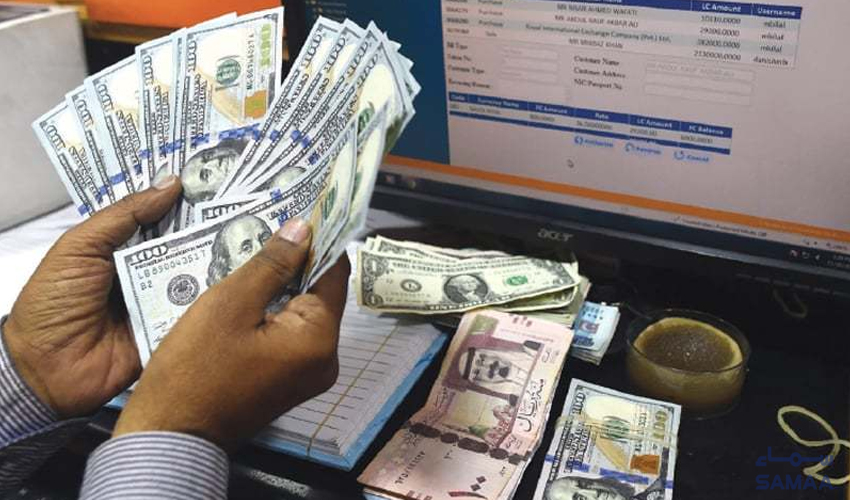In a concerning turn of events, Pakistan has witnessed a significant decline in workers' remittances on a year-on-year (YoY) basis.
According to the latest data released by the State Bank of Pakistan (SBP), remittances surged by 5.34% on a month-on-month (MoM) basis, reaching a total of $2.21 billion, compared to $2.09 billion in the previous month.
This boost in remittances is attributed to several key factors, including improved transparency and the implementation of stringent measures against dollar smuggling. These initiatives have helped create a more secure and regulated environment for remittance transactions.
However, on a year-on-year (YoY) basis, there has been an 11.3% decline in workers' remittances for September, compared to $2.49 billion received in the same month last year. This decline is indicative of the challenges faced by the Pakistani diaspora and the evolving economic landscape.
The majority of remittances during this period originated from various source countries. Saudi Arabia led the way, contributing $538.16 million, followed by the UAE with $399.77 million, the U.K. with $311.06 million, EU countries with $269.25 million, and the USA with $263.42 million. These source countries continue to play a pivotal role in supporting Pakistan's economy through remittance inflows.
Looking at the cumulative figures for the first three months of the fiscal year 2023-24 (3MFY24), Pakistan received a total of $6.33 billion in remittances. While this is a significant amount, it represents a 19.85% decrease compared to the $7.9 billion received during the same period in the previous fiscal year (3MFY23). The decline underscores the ongoing challenges and fluctuations in remittance trends.
It's worth noting that the drop in remittances during the previous month was primarily due to a growing disparity between official and unofficial exchange rates. Many non-resident Pakistanis opted to use unofficial channels, which offered a higher exchange rate per dollar, contributing to this decline.
In response to these challenges, the Pakistani authorities, led by the army, initiated crackdowns against speculators, hoarders, and smugglers to curb illegal dollar outflows. This has led to a strengthening of the Pakistani Rupee (PKR) against the U.S. Dollar (USD) in the official market.
Furthermore, the State Bank of Pakistan (SBP) introduced reforms aimed at consolidating and transforming various types of exchange companies into a single category with stricter regulations and higher capital requirements. These reforms are enhancing transparency within the remittance industry and strengthening regulatory oversight.
As part of these measures, SBP suspended the authorization of four exchange companies in September, underscoring the central bank's commitment to enforcing regulatory standards and ensuring the security of remittance transactions.


























